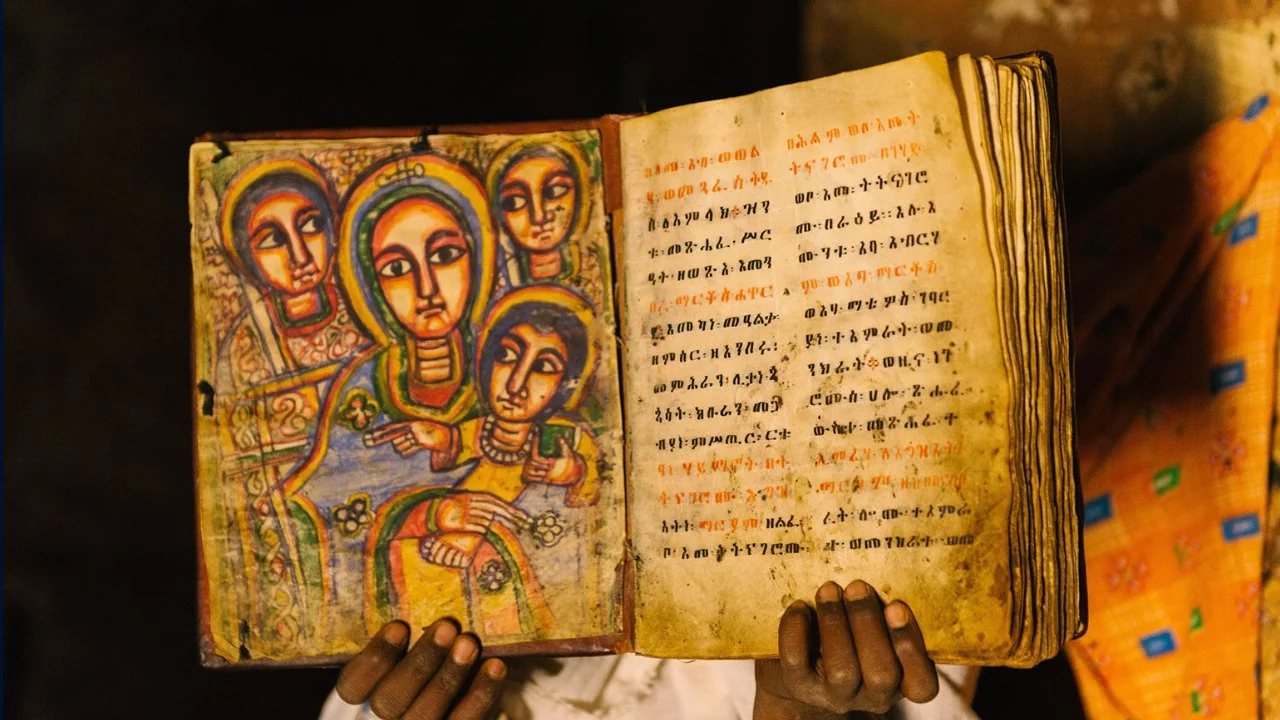Author: David Wilber
Ezekiel 29 consists of several prophecies against Egypt. The Lord declared through the prophet Ezekiel that He would bring the land to desolation and scatter the Egyptians among the nations. Then, after forty years, He would regather them and establish them as a lowly kingdom.
Why does God punish Egypt in this passage? There are two reasons given: First, Egypt’s arrogance. The Pharaoh king of Egypt, who is called the great crocodile (29:3), said, “The Nile is mine, and I made it” (29:3, 9). The Nile is a symbol of the riches and prosperity of Egypt. Thus, God punished them for boasting in their own strength. Second, Egypt’s unreliability. Israel had an alliance with Egypt, yet Egypt was “a staff of reed” to Israel, which broke when Israel tried to lean upon it (29:6-7). God punished Egypt for being a fickle friend to Israel.
When we read this passage, it’s easy to focus only on Egypt’s sins. But we can’t forget that Israel erred by trusting in Egypt to begin with. The prophets repeatedly told Israel not to seek an alliance with Egypt, yet Israel’s kings did not heed those warnings. Egypt was strong and prosperous, and they appeared to have everything that Israel needed in an ally. They promised to help Israel in their time of need, so Israel trusted in Egypt and looked to them for security. Thus, God’s judgment against Egypt was in part to teach Israel a lesson (29:16). God was basically saying, “Stop looking to Egypt! They might appear strong and able to save you, but they will always let you down. Trust in me, Israel!”
How often do you find yourself trusting in your own Egypt? Instead of turning to Yeshua for comfort in times of difficulty, do you seek comfort and security in the things of this world?
When we feel discontent or frustrated with life, many of us fall into the trap of thinking that our fulfillment can be found in our possessions, careers, relationships, hobbies, etc. Many of these things aren’t bad in themselves, but they are ultimately unreliable in truly giving us what we need. If we’re single and feeling lonely, we might think that finally getting married will fulfill us, but we would be mistaken. Marriage is awesome, but if you rely solely on your spouse to make you feel complete, you’re setting your marriage up to fail. Likewise, we might think that if we just had more money, or the right job, or whatever, we would finally be perfectly happy. Again, this is a mistake.
We live in a chaotic world, and we spend our lives feeling attacked by our own emotions, desperately striving for what we think will bring us security and fulfillment. But when we obtain it, we find that it comes up short. We still feel empty. No matter how great it looks, no matter what it promises us, Egypt always lets us down.
As strange as it might sound, our lack of fulfillment in this life is by design. God put that longing within us. Why? Not so that we would seek to satisfy it by turning to the things of this world, but so that we would find true, lasting fulfillment by turning to the Messiah:
Do not work for the food that perishes, but for the food that endures to eternal life, which the Son of Man will give to you. For on him God the Father has set his seal. (John 6:27)
Jesus said to them, “I am the bread of life; whoever comes to me shall not hunger, and whoever believes in me shall never thirst.” (John 6:35)
Indeed, God didn’t put that longing within you to torture you. Yeshua’s solution to your lack of satisfaction with life is to give your life to Him. Only He can satisfy your longing. Only He offers true security in the midst of this chaotic world. So when you feel attacked by insecurity or loneliness or discontentment, don’t think that you can rely on your alliance with Egypt. It won’t work. Trust in the Lord and He will bring you through.
About David Wilber
David is first and foremost a passionate follower of Yeshua the Messiah. He is also a writer, speaker, and teacher.
David’s heart is to minister to God’s people by helping them rediscover the validity and blessing of God’s Torah and help prepare them to give an answer to anyone who asks about the hope within them (1 Peter 3:15)…












